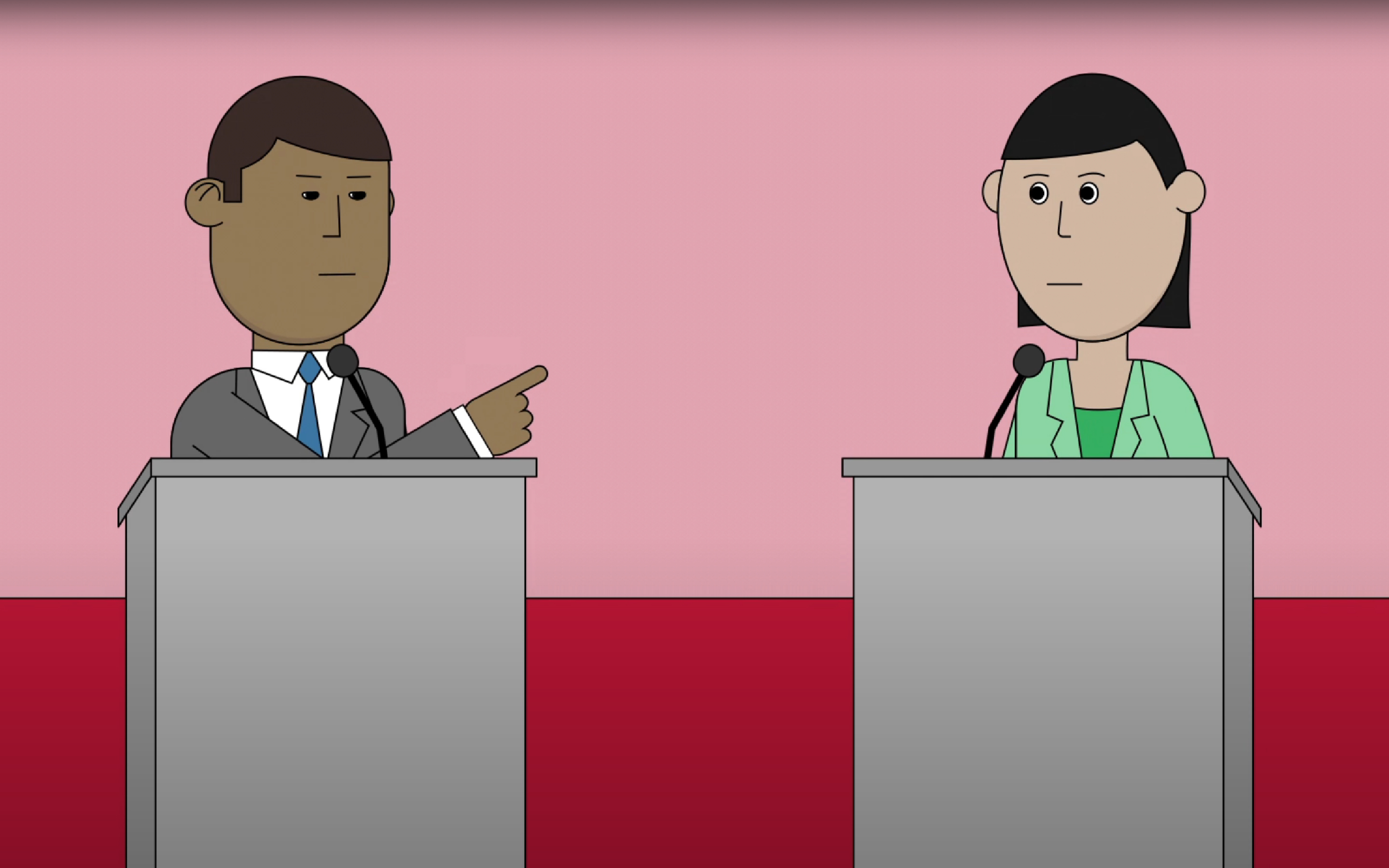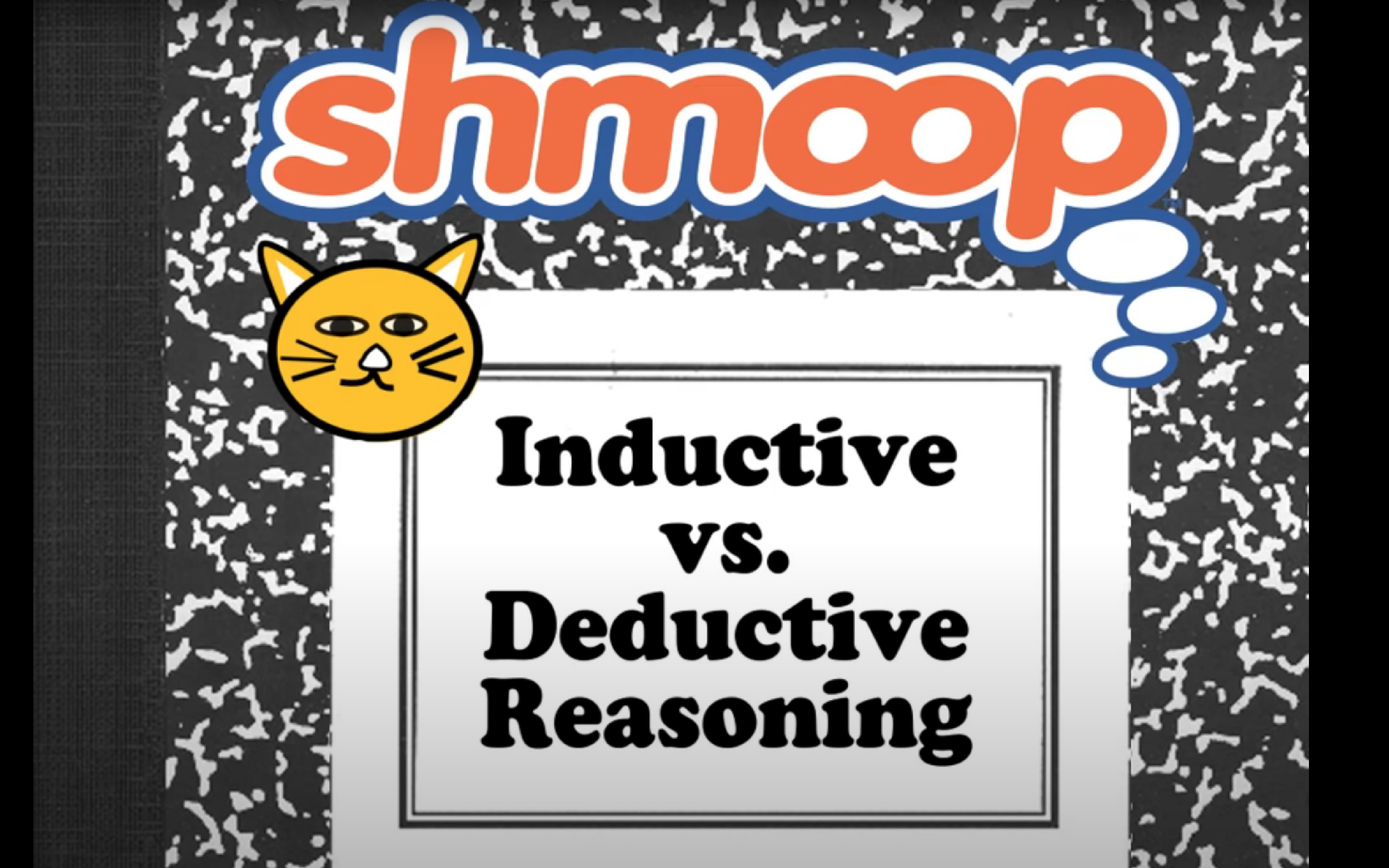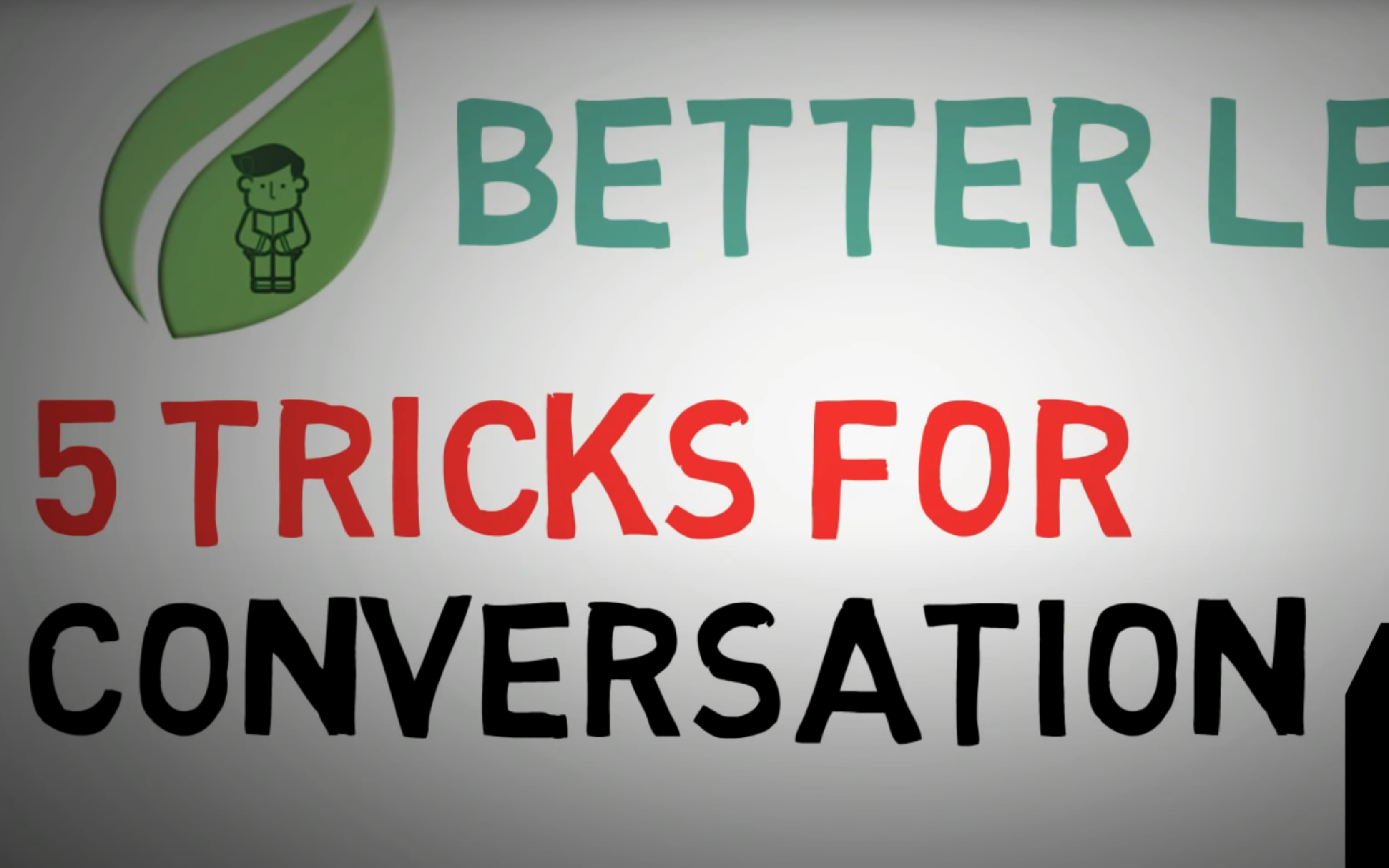Unit 4 Reasoning & Fallacies
Sound reasoning is all too uncommon and fallacy (faulty reasoning) abounds. How often have you said to yourself "How can he/she possibly reach that conclusion in the face of overwhelming evidence to the contrary?". Well, it's quite possible because that person has fallen victim to fallacious arguments. We need to be able to distinguish between sound reasoning and fallacy in everyday life or risk being easily persuaded to another's point of view without critically evaluating it.
In public speaking, sound reasoning appeals to an audience's sense of logic and helps establish credibility with that audience. It is essential to exercising your powers of persuasion. Watch the videos below to see how this applies in everyday life.
REAL LIFE EXAMPLE VIDEOS

Video 5: Reasoning & Fallacies
Our Video
What is your understanding of inductive reasoning versus deductive reasoning? According to feedback from our focus group interviews, most students reported that these two concepts are difficult to understand. Perhaps you too have difficulty in understanding the difference between inductive and deductive reasoning or perhaps you have no idea of what is meant by these two terms. Either way, this video will help you develop a clear understanding. You will be familiarising yourself with inductive and deductive reasoning by participating in the short quiz in this video. Let's check this video out!

Logical Fallacies
GCFLearnFree.org
"In this video, you'll learn about kinds of logical fallacies and how to spot them."

Top 10 Logical Fallacies
Mometrix Academy
"When creating a logical argument, there are many different aspects that have to come together to ensure that your argument is sound and does not contain any flaws. One of these aspects is avoiding what we call "logical fallacies." A logical fallacy is an error of reasoning that will weaken your argument and, in most cases, undermine it completely. Today, we're going to look at the 10 most common logical fallacies."

CRITICAL THINKING - Fallacies: Straw Man Fallacy
Wireless Philosophy
"In this Wireless Philosophy video, Joseph Wu (University of Cambridge) introduces you to the straw man fallacy. This fallacy is committed whenever someone misrepresents an opponent's claim in arguing against it."

Inductive VS Deductive Reasoning
Shmoop
"There are two different ways to use reasoning: deductive and inductive. Deductive reasoning starts with a general theory, statement, or hypothesis and then works its way down to a conclusion based on evidence. Inductive reasoning starts with a small observation or question and works it's way to a theory by examining the related issues."

What is Deductive vs. Inductive Reasoning?
Paul Herrick
"A short introduction to deductive and inductive arguments, how to tell them apart, and why it's important."

Logical Reasoning (Sound, Valid & Invalid arguments - Deductive, Inductive, Abductive Logic)
Philosophy Vibe
"Join George and John as they discuss and debate different Philosophical ideas. Today the two will be discussing Logical Reasoning. This is the method Philosophers use to create sound and valid arguments. The two will run through different arguments to show what makes a logically valid argument, a logically sound argument, as well as a logically invalid and not sound argument. They will also look into different kinds of Logical Reasoning such as Deductive reasoning, Inductive reasoning and Abductive reasoning. By the end of this video, you will have a greater understanding of formulating a good argument, making the way you debate valid and sound, perfect practice for any debates you will find yourself in."




